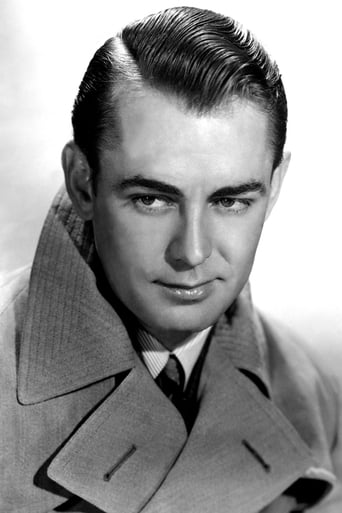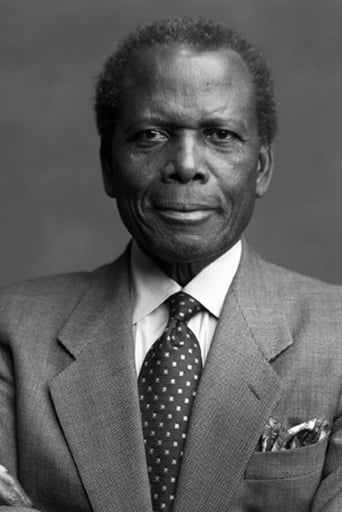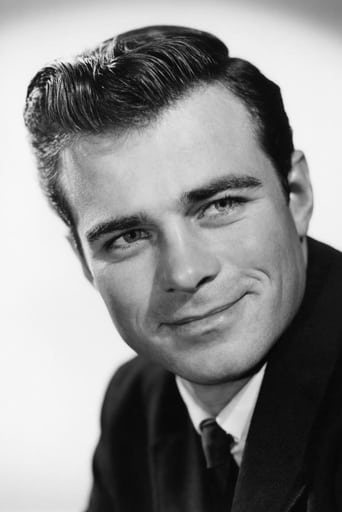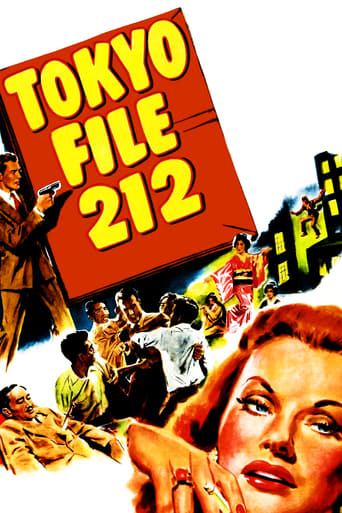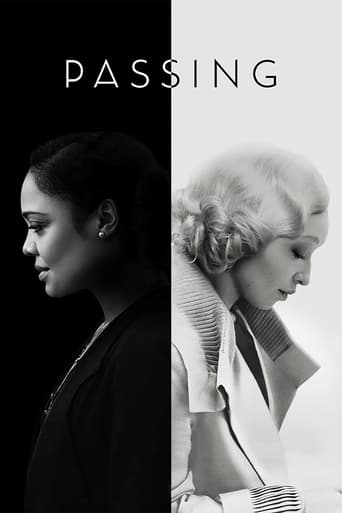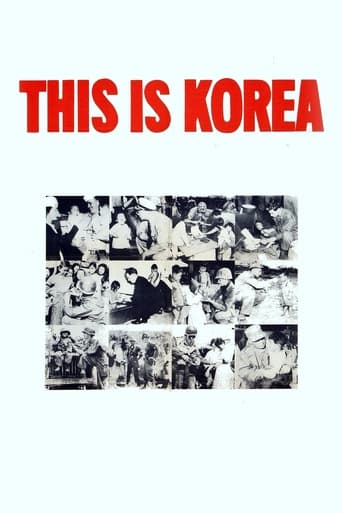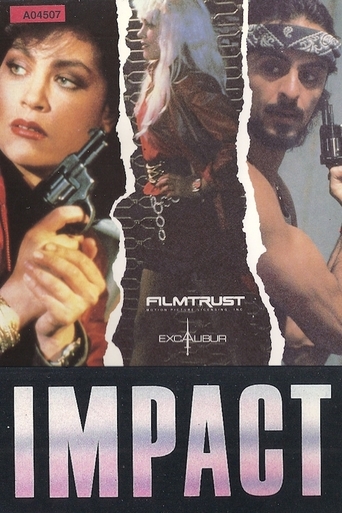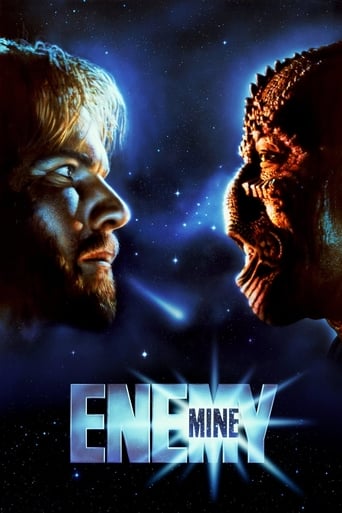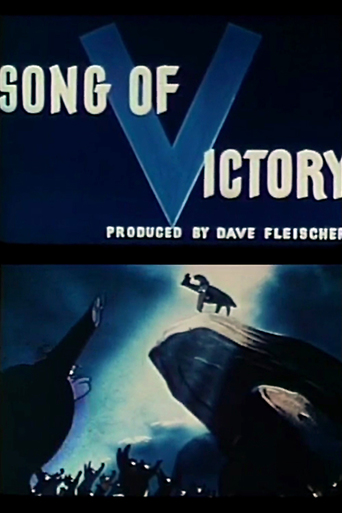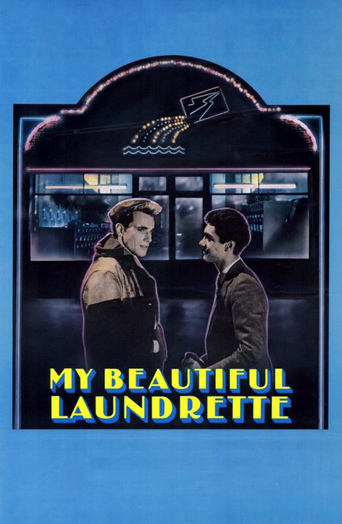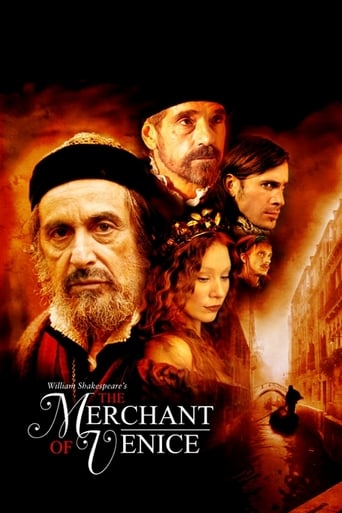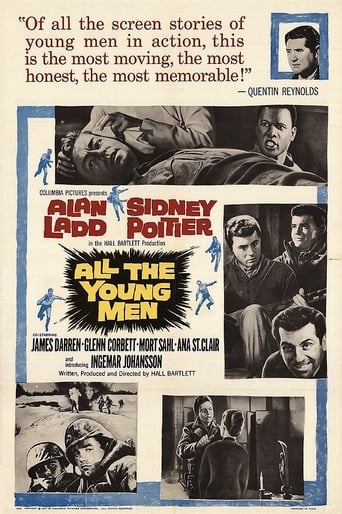
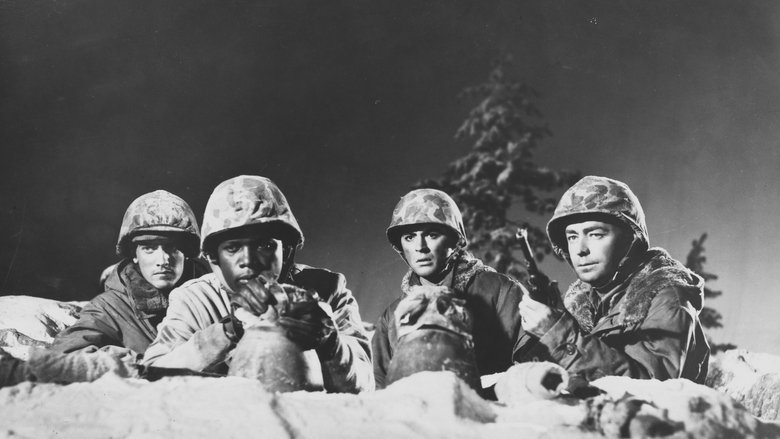
All the Young Men (1960)
During the Korean War, the lieutenant in charge of a Marine rifle platoon is killed in battle. Before he dies, he places the platoon's sergeant, who's black, in charge. The sergeant figures on having trouble with two men in his platoon: a private who has much more combat experience than he does, and a racist Southerner who doesn't like blacks in the first place and has no intention of taking orders from one.
Watch Trailer
Cast
Similar titles
Reviews
Such a frustrating disappointment
Sorry, this movie sucks
Not sure how, but this is easily one of the best movies all summer. Multiple levels of funny, never takes itself seriously, super colorful, and creative.
Through painfully honest and emotional moments, the movie becomes irresistibly relatable
From the comments and reviews, it seems that people think that this was a clumsily handled movie about racism. It isn't.Poitier plays a man with little practical experience, but the stripes that put him in charge. Ladd plays a man who has all the practical experience, but he lost his stripes due to unexplained incidents in his past.Poitier has to deal with one racist guy. That's all. The rest of the outfit, including Ladd, don't care if Poitier is black.Ladd comes close to rebelling against Poitier, but it has nothing to do with race. It has to do with Poitier's lack of experience. Even with their infighting, Ladd backs up Poitier every time there is action. Poitier was the first to run to save Alcalde. Ladd was the second.Another point that the reviewers don't like is Ladd's age. Go ask grampa. Lots of old timers fought in WWII and Korea. It isn't a stretch at all.And finally, there were many remarks about bad casting because they didn't use actual Koreans or Chinese. They filmed in the mountains of Montana. There wasn't a lot to choose from. The extras that they used not only were the wrong race, but were often holding the wrong weapons. That's life in a low budget flick. Nonetheless, the people that think this is a movie that champions racial equality are also the same people that accuse this movie of racism as far as the extras. Go figger. I suppose some people can have it both ways.I've always loved Poitier. He has done many movies where race dominates. This isn't one of them. He's just a guy who is in over his head and he tries to do his best.
This movie benefits from some striking monochrome photography which is particularly well in evidence during its opening scenes ;these show a US patrol proceeding through snow encrusted mountains when it comes under attack from a Communist force .In the resulting battle the platoon leader is killed and hands over authority to the unit's sole black soldier (effectively played by Sidney Poitier)rather than to its most experienced member ,Kincaid (Alan Ladd),to whom the men have always looked up . Thus racial tension and bitterness are added to the already fraught situation as the troop must find a place to make a stand against superior numbers while awaiting reinforcements .There is a difference of opinion over strategy between Ladd and Poitier and other tensions between patrol members who include a Native American ,a wisecracking New Yorker ( Mort Sahl) and a callow youth played by James Darren who also contributes a forgettable song This is no better or worse than many another "patrol"movie with its assemblage of stock figures and seems to have been assembled with an eye to the widest demographic-Old Hollywood in Ladd , a rising newcomer in Poitier and a pop star(Darren ) for the youth market.Even the race angle was not new having featured in Home of The Brave over a decade previouslyGood matinée fare but nothing special either way
This is one of the few Korean War movies I have seen; I usually stick to my WW2 interests. Sidney Poitier stars as a black Sergeant amongst a platoon of whites. When the unit is ambushed, Poitier is the only noncom that survives. He must lead the survivors to a strategic farmhouse and hold it against overwhelming enemy forces. To complicate matters, he faces off with a more experienced Private (Alan Ladd) and a bigot (Paul Richards) as he tries to keep the men from mutinying. This movie does a fair job at commenting on racism. Although Sidney Poitier always answers challenges to his authority by threatening to kill whoever gets in his way, he plays the part quite passionately. This was an early film to take a serious look at racism; it's a bit clumsy but makes a good early effort.The supporting cast is good as well; they are given plenty of slow scenes to make them seem like real people rather than just faceless soldiers. They include singer James Darren; political satirist Mort Sahl; Ingemar Johanssen as a Swedish immigrant; Glenn Corbett as the kindly medic; as well as a Navajo Indian (Mario Alcalde) and the typical scared, green kid. The battle scenes are pretty well done but aren't too original. They usually involve hordes of Red Army troops rushing the farmhouse and the Americans dispatching them with grenades and small arms fire. As for complaints: I didn't think the tune "The Saints Go Marching On" at all fit the bleak mood of the movie. The cinematography shows of some pretty awesome snowscapes, but looks nothing like Korea. The continuity tends to jump around during the middle portion of the movie as well -- characters will be out in a foxhole one moment and the next they'll be inside the farmhouse chattering away. The ending was somewhat unsatisfying as well. All in all, a pretty decent Korean War flick, most notable for the young cast of stars-to-be and it's well-meaning efforts to deal with the huge problem racism in the early 1960s.
Terminally dull war movie that is only livened in fits and starts by Poitier's incensed portrayal. His obvious reluctance in the role adds a greater edge to the part of sergeant who doesn't want to be sergeant. The photo backdrops are unusually obvious, while the hour-and-a-half duration plays out with the singular plot thread of eleven marines on a suicide mission to protect a strategic farmhouse. This is punctuated by attempted rapes, bigotry and mutilation, those these elements seem to be inserted merely to keep the film going, rather than any natural dynamic growing out of the picture. Interestingly, whenever the Chinese are about to launch another attack, the marines are in the process of playing "When The Saints Go Marching In". Whether or not this is an indication the invading forces are saints, the main cast devils, is never really touched upon. The film's frequent lapses towards gung-ho miIitarism seem to suggest this is not the case. There are also scattered references to Buddhist mythology, though these seem to be undeveloped trivialities rather than any intentional commentary.
